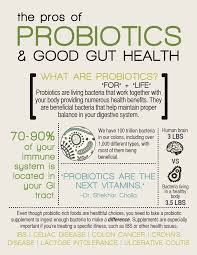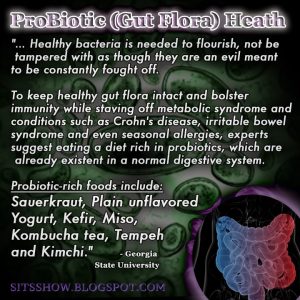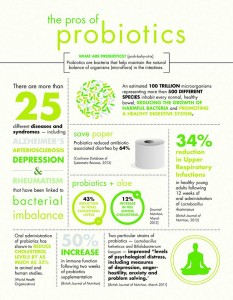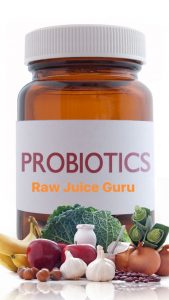 Until a couple of years ago, my understanding of the bacteria that live in our digestive systems could be summed up in two sentences – “If you take antibiotics they’ll kill some of the good bacteria along with the bad and you’ll get diarrhea. So eat some probiotic foods, like yogurt, to restore the good bacteria.”
Until a couple of years ago, my understanding of the bacteria that live in our digestive systems could be summed up in two sentences – “If you take antibiotics they’ll kill some of the good bacteria along with the bad and you’ll get diarrhea. So eat some probiotic foods, like yogurt, to restore the good bacteria.”
That’s true as far as it goes, but I’ve now learned that those bacteria, which many people call “gut flora” and scientists call “gut microbiata,” do so much more than prevent diarrhea. Although the study of gut flora is still in its infancy, many scientists now refer to it as a separate “organ” of the body, one that plays key roles in everything from digestion to immunity to mental health.
Why are the good bacteria in your digestive tract so important? Research is beginning to show that “good” bacteria play dozens, if not hundreds, of roles in maintaining our health.
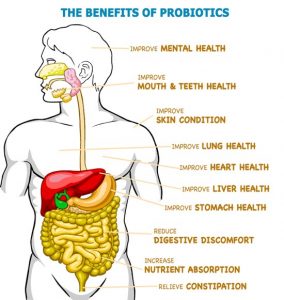 Here are five:
Here are five:
1- Bacteria in our intestinal tracts produce B vitamins and vitamin K. These vitamins play important roles in energy metabolism (producing energy from food), maintaining the health of the nervous system, and clotting blood.
2- Bacteria in the large intestine digest fiber and use it to produce chemicals that feed and protect the intestinal lining. This lining plays key roles in preventing infection, boosting immunity, and reducing inflammation. If the lining breaks down, chemicals that should never leave the intestines end up in the bloodstream, which can lead to inflammation or an overactive immune response.
3- Gut floral produce most of the body’s serotonin, a key neurotransmitter. Scientists are beginning to see connections between the health of the gut and the health and functioning of the brain.
4- Intestinal bacteria produce enzymes that metabolize drugs, hormones and toxins. In addition, they produce chemicals that “communicate” with the liver regarding production of enzymes used in detoxification.
5- Gut bacteria may play a role in obesity. Some animal studies, and now a few human studies, have shown that animals or humans deficient in certain bacteria may be more prone to gain weight.
Can We Improve Gut Flora
Can we “improve” our gut flora? And should we even try? Yes! Although scientists are hesitant at this point to “prescribe” actions people should take, the research to date suggests that people can change their gut flora in ways that are likely to benefit their health.
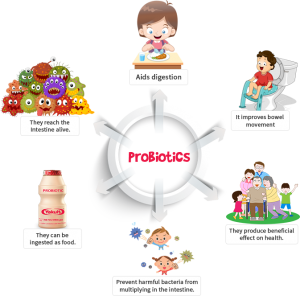 Here are five things we can do:
Here are five things we can do:
1- Eat probiotic foods regularly. These include yogurt and fermented foods, such as kefir and sauerkraut. You can buy high-quality yogurt and kefir at the grocery store, but you can make them too. We make both, and it’s fun, cheaper, and not too difficult,
2- Eat fewer processed foods. Processed foods lack many of the nutrients that contribute to a healthy “climate” in the digestive tract. In addition, they tend not to contain the kinds of healthy bacteria found in more natural forms of food. (For example, think of a processed cheese product vs. real cheese. The former doesn’t contain any bacteria when it leaves the factory, but the latter contains plenty of “good” bacteria – and it tastes delicious!)
3- Eat foods high in fiber, such as fruits, vegetables and whole grains. Fruits and vegetables are great for your health in so many ways. When it comes to your gut health, plant fiber feeds the bacteria in the large intestine, and they in turn produce chemicals that protect the intestinal lining.
4- Take antibiotics only when necessary. If your doctor says, “Let’s wait a day or two to see if you need antibiotics,” don’t insist on getting some right away! Antibiotics can significantly alter the gut flora, killing off beneficial bacteria and providing an “opening” for harmful bacteria to move in and “set up shop.” When you do take antibiotics, eat probiotic foods (take steps during and after treatment to re-establish a healthy gut microbiata.
5- Consider taking probiotic supplements. Scientists, physicians and government agencies have not issued official guidelines on probiotic supplements. The research on the benefits (or drawbacks) just isn’t clear yet. So right now there’s no clear “right” or “wrong” answer to the question, “Should I take a supplement?” I’ve done some research on probiotics, and my husband and I take a supplement fairly regularly (probably 4 or 5 days a week). We buy several different brands that contain different bacteria, and we alternate them (because it’s hard to figure out which bacteria are the best ones to take!).
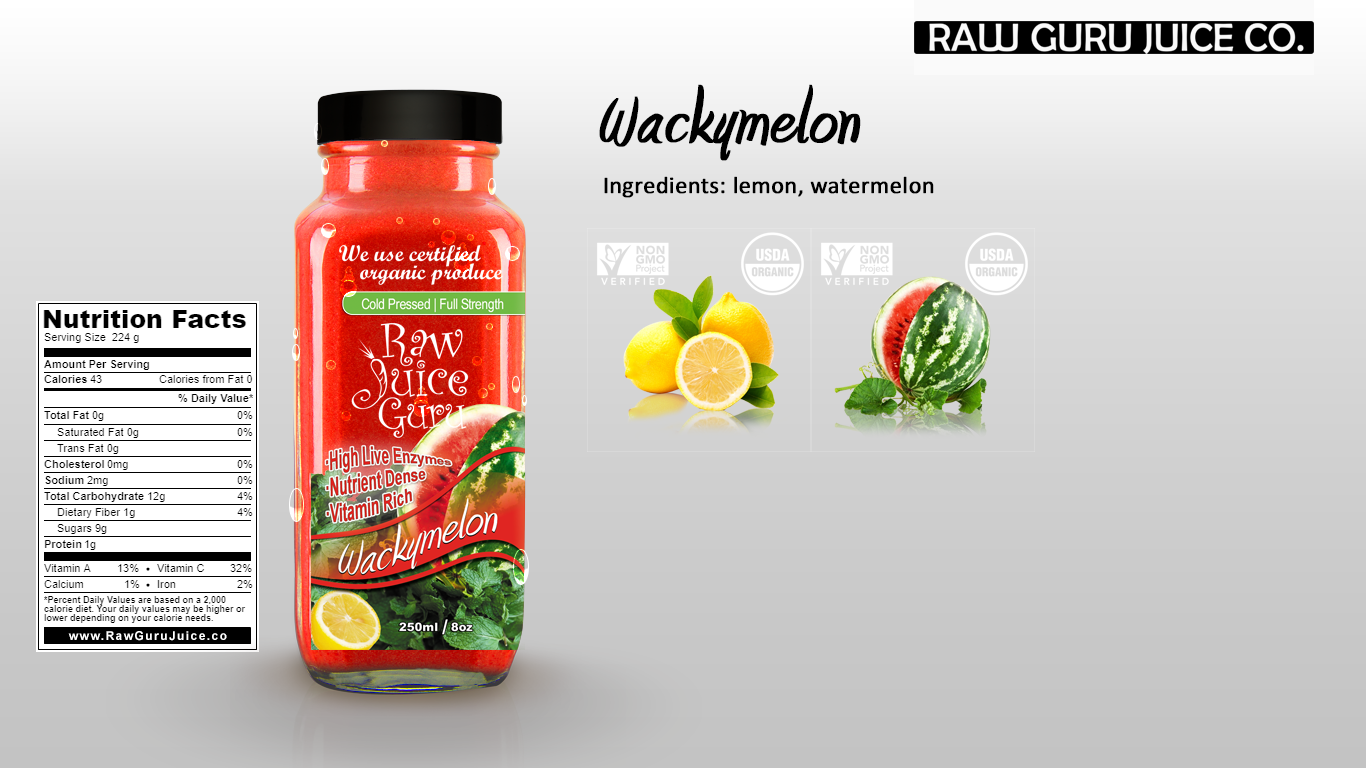
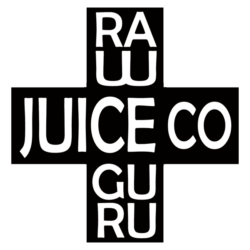
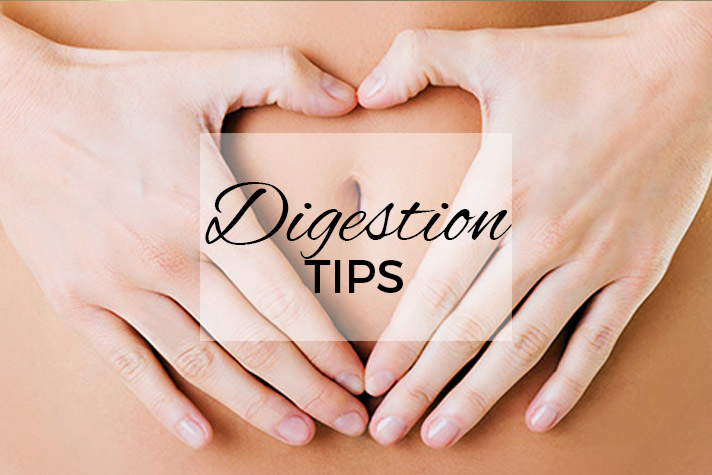
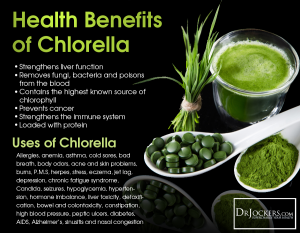 High levels of exposure to 23 environmental metals considered “heavy metals” such as lead, mercury, aluminum and arsenic can cause acute or chronic toxicity. This can result in damaged or reduced mental and central nervous function and damage to vital organs.
High levels of exposure to 23 environmental metals considered “heavy metals” such as lead, mercury, aluminum and arsenic can cause acute or chronic toxicity. This can result in damaged or reduced mental and central nervous function and damage to vital organs.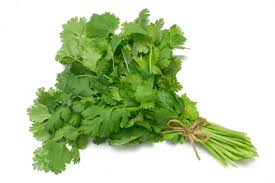 The Detox Diet
The Detox Diet 